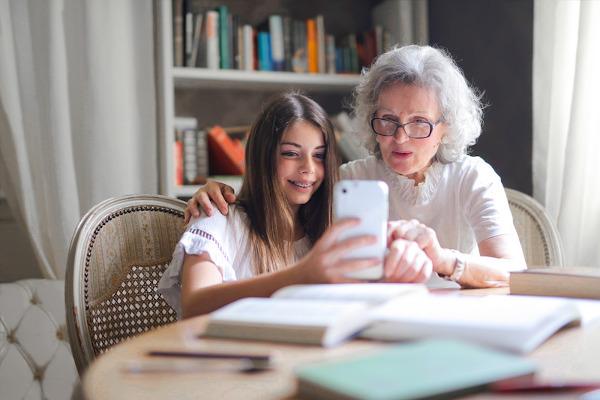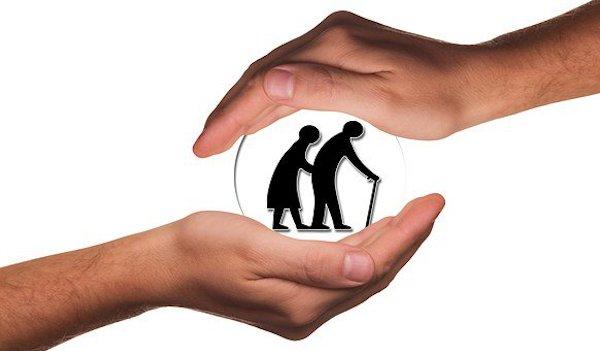WHAT TO DO IF YOUR FRIENDS DON’T RESPECT SOCIAL DISTANCING RULES
by Kelly Marcisz, clinical psychologist – www.kellymarcisz.com
Facing a global pandemic and living in lockdown has become our new reality. From the beginning, experts have said that social distancing and self-isolation are extremely important and proven ways to help to stop yourself and others from catching the virus.
The biggest challenge for countries across the world has been to ‘flatten the curve’, which refers to the slowing a virus spread so that fewer people need to seek treatment at any given time.
Despite the recent decision by the Federal Swiss Government to start loosening the lockdown restrictions slowly from April 27th, it is clear that the fight to control the coronavirus infections is far from over.
SOCAL DISTANCING ONLY WORKS IF WE ALL DO OUR BIT
Despite the drop in numbers, the hardest job now will be to convince people to continue to stick to the rules and to view the virus as a threat. According to health officials there’s always the danger of a second wave, and it’s imperative that we all do everything we can to prevent that.
Research has shown that social distancing can only be effective in containing the virus if everyone does their bit. Carrying on with normal habits and social interactions undermines the fight against COVID-19. ‘Feeling okay’ is irrelevant and even dangerous since the virus may take days or even weeks to cause symptoms (and can spread before that happens).
So what do you do if your friends, family and neighbours break lockdown rules and ignore social distancing guidelines? Should you confront them and if so, how?
THE YOUNG, THE OLD AND THE UGLY…
Convincing younger people to stay at home and practice social distancing can be hard. Research suggests younger people are not as vulnerable as the old, so they may see themselves as less at risk. They have a higher chance of recovering from the virus and therefore may be more prone to ignoring social distancing guidelines. Although the younger generation is unlikely to die of COVID-19, they are likely to pass it on and therefore play a vital role in fighting the virus.
Harvard public health scientist Eric Feigl-Ding explains the issue on his Twitter feed:
“Young people are likely 10x more active and social than the elderly and can infect 10x the number of people (especially if COVID-19 is mild and not noticed by young adults.”

WHAT YOU CAN DO

Appealing to young people’s social conscience may help to convince them to stay put, as well as reminding them of who they are essentially protecting; their own parents, grandparents and older relatives.
Instead of telling them off, acknowledge the stress and sacrifice it takes to stay at home and thank them for doing their bit.
OLDER PEOPLE
Appealing to older relatives can be equally difficult. The older generations have ‘survived’ a lot in their time, including, for some, a war or two. So staying home for a virus may seem laughable to some.

WHAT YOU CAN DO

Again, getting angry or frustrated will not convince them otherwise. The best approach is honesty. Remind older family members that you care about them. No need to manipulate them, but instead explain the risks they are taking for themselves and the emotional stress these risks can have on those who love and care for them.
THE “UGLY”
And then there are those who just don’t seem to care or understand the importance of sticking to the rules. This could be your neighbour having sneaky parties in their gardens. Friends not sticking to the maximum five rule and those who continue to live normal, busy social lives despite the global pandemic unfolding around them.
They aren’t necessarily ugly people but their behavior leaves a bad taste in the mouth. When there are doctors, nurses and healthcare workers risking their lives each day trying to fight the virus; their behavior seems reckless and unfair.

WHAT TO DO

Getting angry is not the solution. Helping people become more informed and encouraging them to be less selfish may be the helpful alternative. Point them in the direction of reliable and accurate information regarding the pandemic, such as the WHO’s COVID-19 information page and discourage them from believing false information from unreliable sources often in the form of Facebook click bait.
Whether you are talking to the young or old or the sometimes ‘ugly’. It’s best to make an emotional appeal to your loved ones rather than trying to win an argument.
Attacks and blame only lead to defensiveness and this shuts down any form of open communication. Instead of telling somebody what they are doing is wrong offer a different perspective. A chance for them to see things differently might make all the difference…
TURN SOCIAL DISTANCING INTO DISTANT SOCIALIZING
Social distancing is no easy feat. It can leave you feeling frustrated, anxious, depressed and lonely. We humans are social creatures and we depend on interaction-physical and social-with others. My advice to combat the emotional pressure of lockdown is to avoid being socially distant and rather stick to physical distance. Staying connected with friends and family virtually is the way forward in these unprecedented times. Luckily we live in such a technologically driven era that there are numerous apps and social media platforms to help us stay socially connected to the world around us. Never before have we been so appreciative and grateful for the Internet!
Look out for my next article of how to make the most out of your social life online.
If you have any questions or ideas for our next COVID-19 article send us an email at info@thingstodoingeneva.ch
Kelly Marcisz is a Clinical Psychologist offering online counselling in English, please visit her website for more information on her services. www.kellymarcisz.com

































